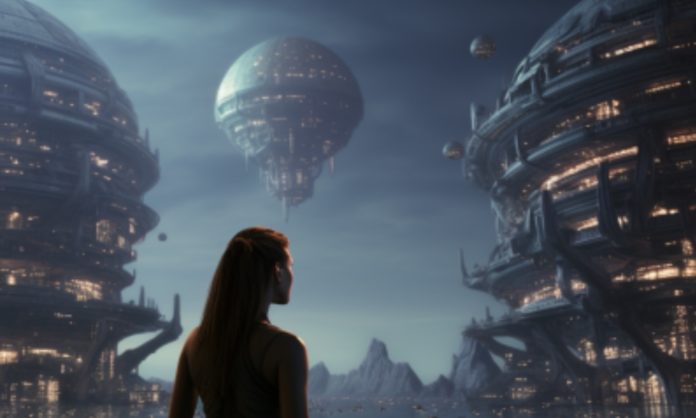Guillermo Söhnlein, one of the brilliant minds behind OceanGate, has now set his sights on another extraordinary ambition which is a floating colony on Venus, accommodating a thousand individuals, all by the year 2050. While this crazy goal might seem like a far-fetched and scary dream, especially after the infamous submersible incident that took place recently, Söhnlein’s passion for making humanity a multi-planet species has been ingrained in him since he was a mere 11 years old.

Venus As The Next Earth?
But why Venus, you might wonder? Venus is known as Earth’s evil twin, Venus has extreme conditions that appear highly unsuitable for human habitation. The planet’s surface is inhabitable because of its scorching temperatures, suffocating carbon dioxide-rich atmosphere, and sulfuric acid-laden clouds. Even within the space industry, this idea seems almost impossible and is extremely dangerous so being a little skeptical is normal.
However, Söhnlein sees potential in an unexplored realm within the Venusian atmosphere, approximately 30 miles from the surface. Here, temperatures are more moderate, and the atmospheric pressure is less intense. If a space station could withstand the challenges posed by the sulfuric acid clouds, it could be the stepping stone for hundreds, or even thousands, of people to live in this environment eventually but that too requires massive development and testing stages.
The Last Tragedy

Despite the recent tragedy involving OceanGate’s Titan submersible, which took the lives of five individuals, including the CEO of Ocean Gate, Stockton Rush, Söhnlein remains undeterred. Innovation, for him, is about pushing boundaries, and he has a track record of breaking barriers to make the seemingly impossible, possible. OceanGate’s deep-diving submersible, constructed from carbon fiber rather than conventional titanium steel, is a testament to his crazy thinking.
To Söhnlein, the pursuit of his vision is not just a motivational goal, it is an attainable aspiration. He believes it is less ambitious than the prospect of colonizing Mars with a million people by 2050, and he is eager to prove the haters wrong. Söhnlein’s venture studio, Humans2Venus, founded in collaboration with entrepreneur Khalid Al-Ali, is dedicated to overcoming the commercial obstacles that stand in the way of sending humans to Venus. Their journey is a stepping stone to develop techniques that reduce launch costs and enable funding for space missions, independent of governmental support.
Criticism
While skeptics may question the feasibility of such a daring endeavor, Söhnlein draws inspiration from Silicon Valley people like Elon Musk and Mark Zuckerberg, who have challenged the status quo and moved humanity forward. He firmly believes that calculated risks are necessary for progress and that breakthroughs often emerge from the boldest dreams and failures like the submersible are inevitable.
As the world looks to the future of space exploration, the question arises why Venus? For Söhnlein the answer is simple and it is why not? Embracing the unknown, pushing the boundaries of innovation, seeking new homes beyond our planet, and envisioning a brighter, bolder future for humanity. But how true and successful it will be is still not known.
Stay tuned to Brandsynario for more news and updates.



































